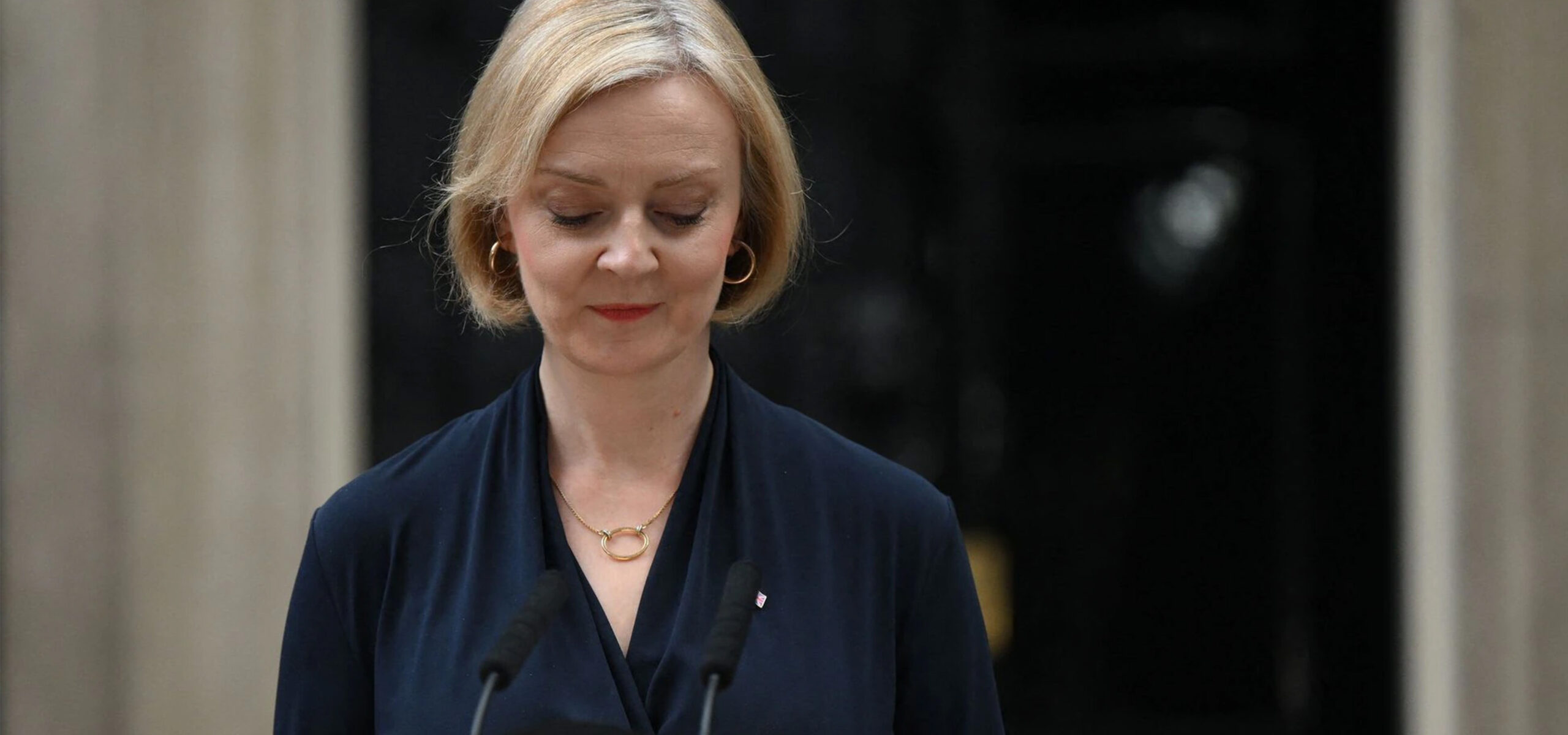We Need to Talk About Social Health

You can be hard-pushed to find space for yourself in a city like London. Quiet walks along the canal often turn into frantic dances around runners and cyclists, and finding a coffee shop without a queue is as elusive as a free seat on the tube before 10am. But despite the endless stream of people, 8% of Londoners feel lonely ‘always’ or ‘most of the time’.
When describing a similar phenomenon in the United States, Dr Vivek Murthy claims that we are experiencing an epidemic of loneliness*. Rather than connecting us, technology is isolating and dividing us; increased mobility has moved us away from the communities in which we were raised; and more developed countries in particular offer greater opportunities for pursuing individual goals which can be prioritised over our relationships.
Perhaps more crucially, in this modern society which celebrates Batman – the hero who works tirelessly day and night, building his castle at the cost of human connection – ‘being social’ can sometimes be seen as derogatory** and effectively rendered oppositional to productivity and self-improvement.
We need to talk about social health. It’s not a term many have heard of before, but the World Health Organisation gives it an equal level of import to physical and mental health, stating that health is ‘a state of complete physical, mental and social well-being and not merely the absence of disease or infirmity.’ It is the absence of loneliness, but it is also the ability to form and maintain healthy and meaningful relationships, receive and reciprocate support, adapt to various social situations, be your true self around others, balance personal and social time, engage in your local community, etc.
Social health is also inextricably and symbiotically linked to our physical and mental health. Loneliness and a lack of connection is associated with higher rates of depression, anxiety and suicide. Research also shows that low quality or quantity of relationships is consistently linked to cardiovascular disease, heart attacks, autoimmune disorders, high blood pressure, cancer and more. These relationships are undoubtedly reciprocal, but they are also likely to be a result of not learning health behaviours from close connections (i.e. when our friends go running, we go running). Poor health also stems from a decline in immunity due to the stress that comes with being lonely or unsupported (stress releases cortisol, which suppresses immune functioning).
In the UK especially there is a serious lack of presence and understanding around social health. Although a Minister for Loneliness was appointed in 2018 by Theresa May after a 2017 report found that more than 9 million Britons ‘often’ or ‘always’ feel lonely, the role and subsequent government strategy around it left a lot unturned. Not only is there still a clear lack of discourse, formal training, practice and public awareness around social heath, but the government chose to focus almost exclusively on the elderly and loneliness (*ahem*) alone. In reality, this is a collective societal problem that we should all explore. Furthermore, there are high-risk groups in need of particular attention as well, including the LGBTQI+ community, migrant populations and those who live in rural areas. Social health cannot be addressed if the issue is not first sufficiently outlined.
There is also an embedded challenge to social health, being that building it actually requires it. Most people who are lonely or without meaningful social connections are also often the least prepared or able to go out and connect with people. Echoing the chicken or egg dilemma, as relationships drive self-worth and sociability, self-worth and sociability in turn drive relationships. Currently, guides for people experiencing loneliness advocate for ‘reaching out’, but this misses the point: What if you don’t know how to reach out? What if years of prioritising work, education and individualism in a society that stigmatises saying ‘I’m lonely’ has left you unable to connect genuinely or comprehend the value of social support in the first place?
This suggests that the solution must include the incorporation of social health into education, ideally nurtured from a young age, rather than remedied later on. Just like physical and mental health behaviours, social health and the way we value and approach relationships is intergenerational. We often learn from our parents, meaning that without intervention we will repeatedly see the same (if not worse) statistics of loneliness each year. At school, children should be taught the value of communities, the ways in which we interact, and how we can each nurture our connections as we move through life.
But to have social health ingrained in education, the UK needs to first establish a dedicated discipline, with initiatives, research and advocacy that reflect its importance. The Campaign to End Loneliness is a network of more than 2,500 organisations in the UK that appeals to policy makers in healthcare to do more for people of all ages who feel lonely, but it still lacks a preventative approach that views social health as a daily practice in wellbeing. The field must be expanded to sufficiently explore relational dynamics, as well as account for contextual differences in socialisation and how the ways we connect are implicated by culture, gender, language and personality.
Finally, we need a shift in how we frame the issue. While remembering that we all have individual agency, changing the focus from individual loneliness to more generally addressing a social health problem can begin to address the stigma associated with ‘being lonely’.
Championing the importance of how we relate in the UK’s public health realm has so much potential to change our society for the better. Research from Harvard University that studied hundreds of people over 75 years revealed that the strongest predictor of physical health, longevity and quality of life was the quality of people’s relationships. Moreover, when our global community is facing countless social, economic and environmental crises, it is worth remembering what John Cacioppo (former director of the University of Chicago’s Centre for Cognitive and Social Neuroscience) said: “… our remarkable accomplishments as a species are attributable to our collective action, not our individual might.”
—-
*Loneliness in not simply just being alone. As Vivek Murthy said, “loneliness is the gap between the social connections we have and the social connection that we need. It’s fundamentally a subjective thing” Some people like being alone and can be perfectly happy with few relationships. Here we refer to loneliness as the distressing feeling that comes with the perception that your social needs are not being met.
** Not so sure? Try this exercise to reveal your unconscious attitudes towards ‘being social’.
___
Curious to learn more about social health and what we can do to nurture our relationships? Follow @oursocialhealth

